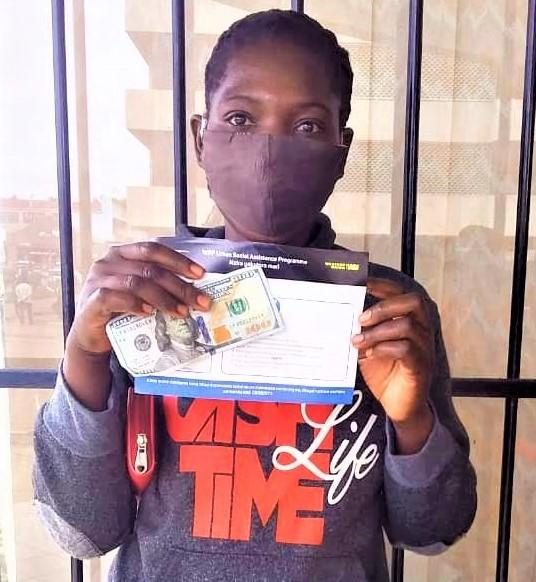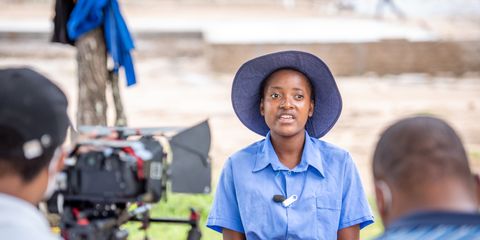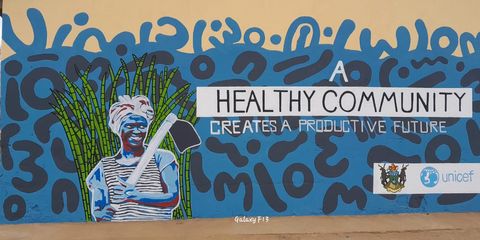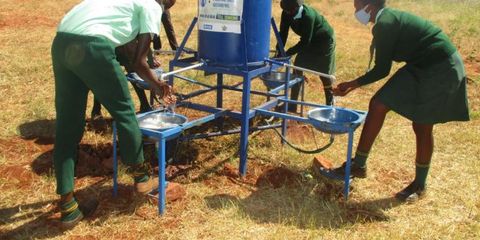26 APRIL 2021
Plan International Zimbabwe through the World Food Program (WFP) Urban Social Assistance Programme, rolled out a livelihoods and nutrition capacitation programme meant to cushion families from food insecurity owing to biting economic challenges coupled with worsening droughts in the region which was negatively affecting the lives of girls and women in Kwekwe.

The programme which assisted families with basic food vouchers and cash reduced the number of girls who were engaging in sexual exploitation.
“We have a lot of positives which we registered, particularly the reduction in issues of gender-based violence and sexual exploitation with the implementation of this programme. Where girls would be seen loitering near townships, they are now concentrating more on their education,” said Liniah Gudo a Field Monitor working on the programme.
A thankful Precious* (16), said the programme enabled her to focus more on her studies.
“I would like to thank Plan International and WFP. I can concentrate more on my studies. The risk of getting abused for food is reduced and our family’s food security has also improved,” she said.
Prevent food insecurity
The main target of the programme was to alleviate food insecurity among urban dwelling families. It ensured they had at least US$12 per individual per household in a month, which translates to 3 meals per day.
The risk of getting abused for food is reduced and our family’s food security has also improved.
“With the onset to the programme also came an improvement to girls’ access to education. Some parents attested that they would go with their daughters to nearby farms in search for daily work for food which means these girls would miss out on school,” said Tawanda Manhai, the Project Coordinator.
“My sister and I used go for piece jobs, to work so that we can get money to buy food. In most instances we would go to school hungry and eat only once per day when we come back home after school. This would affect us psychologically and physically. With the coming in of this programme, our lives have changed, we are concentrating more on our studies,” said Jennifer* (14).
Girls perform better at school
Some girls said they had better access to food and were concentrating more on their education.
Liniah Gudo also added that most of the households that benefitted in Kwekwe depended on light industry and informal businesses for sustenance which affected the lives of women and girls drastically when the industry closed during the COVID-19 nationwide lockdown.
“The effect on young girls and women was unbearable since they are the ones who stay at home most of the time. Some girls confessed to having sexual relationships with older men and artisanal gold miners in exchange for money and basic food items. COVID-19 worsened the situation because lockdown meant most livelihoods were destroyed. Plan International and WFP did complimentary projects to teach livelihoods projects, gender and child protection workshops which positively changed the lives of girls,” she said.
Plan International Zimbabwe with funding from the World Food Program implemented the Urban Social Assistance and Resilience Programme in Manicaland, Mashonaland East and Midlands provinces in Zimbabwe which started in 2019 on the backdrop of deteriorating urban livelihoods owing to successive droughts and a hounding economic crisis.
*Names changed to protect identities.
Emergencies, Disaster risk management, Savings groups


